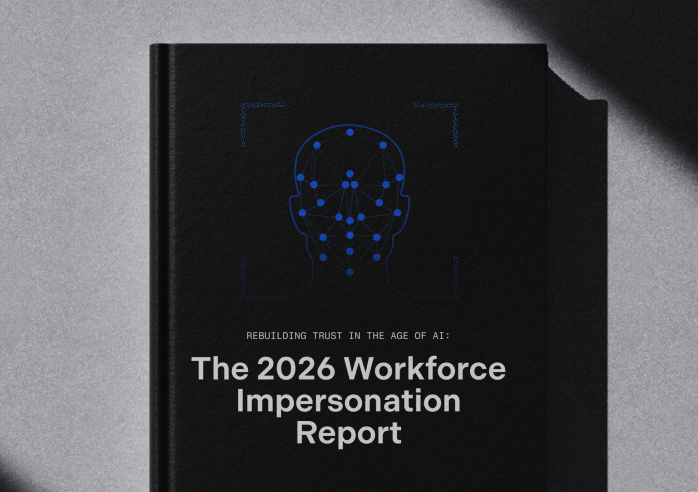Is Multi-Factor Authentication (MFA) Enough?
In today’s digital landscape, passwords are the first line of defense to protect our online accounts. Since their introduction in 1961, they’ve been crucial to meeting our security and access needs.
What is the main weakness associated with the use of passwords? On World Password Day 2022, it’s time to acknowledge that cyber criminals have found exploits and tactics to target our passwords and access our personal data. And today, all they need for a foothold is one compromised account.
To ensure the accounts that make up our digital identities are safe, security experts recommend extra layers of protection to supplement our password security. For instance, security experts at Microsoft found that Multi-Factor Authentication (MFA) could neutralize 99.9% of password threats. However, if MFA is the recommendation, why are we seeing record levels of fraud and financial loss from fraud affecting even the largest enterprises?
At Nametag, we’re developing new identity-focused solutions to replace passwords and go beyond 2FA/MFA, while proactively preventing identity theft, fraud and other cyber crimes. Here’s how:
How Threat Actors Are Guessing Your Passwords
Nowadays, passwords need to be complex strings of numbers, letters and special characters in order to be truly secure. Security experts have identified several factors that might make your passwords easier for attackers to crack:
- Using personal information as part of a password: Studies indicate that threat actors find it far easier to guess passwords that have personal information (like a loved one or pet’s name, a birthday, etc.) than it is to decrypt a password.
- Reusing passwords: 82% of surveyed employees admitted recycling the same passwords, making it easier for attackers to gain access to multiple accounts and access more information. Unfortunately, 3 out of 4 employees also recycle their work account passwords for their personal accounts, enabling attackers to get a foothold in employer environments
- Infrequently changing passwords: Even if you have a strong password, some experts recommend regular password rotation to prevent data loss if your passwords are leaked in a breach.
Multi-Factor Authentication Is an Incomplete Solution
Limitations in MFA are not new. While they have shown to be an effective improvement against hackers and fraud, the vectors of attack are simply shifted. Multi-factor authentication is hard to set up, and when MFA fails, it’s too easy for a bad actor to bypass this level of security through other means. The most common example of MFA issues is when users find themselves locked out of a recovery device or email - or worse, a bad actor convinces a well-intended customer support rep that they don’t have the 2FA device with them. When a user is locked out, the burden falls on the company to verify the rightful account owner.
Altogether, MFA is a positive iteration in security, but only solves a piece of the problem. A more identity centric solution is needed to know who is really behind the device.
The Future of Account Security: Beyond Multi-Factor Authentication
Nametag’s Multi-Factor Identity technology eliminates these problems by verifying people, not devices. Our “Sign in with ID” solution pairs real-time authentication measures with government-issued ID to verify your users and minimize your compliance burdens.
We empower your users to quickly validate their identity using their government-issued ID and a real-time selfie. There’s no need to download a new app or share unnecessary personal information. Nametag uses the most advanced mobile technology with a secure app clip (for iOS) or instant app (for Android), and only shares the information you need in a reusable, privacy-focused way.
Celebrate World Password Day with Nametag
Today, we’re looking back on the long history of passwords, and their role in the security landscape. But we’re also giving you a glimpse into the bright future of account security, and how combining identity verification with authentication is the key to deterring threat actors from targeting your organization.
Passwords have outlasted their useful life as a method for account security in today’s highly digital world. We can still salute them today for the protection they once gave us, and embrace new, more secure methods of securing our online accounts for the digital age.
To learn more about what Nametag can do for your team, you can request a demo here.



